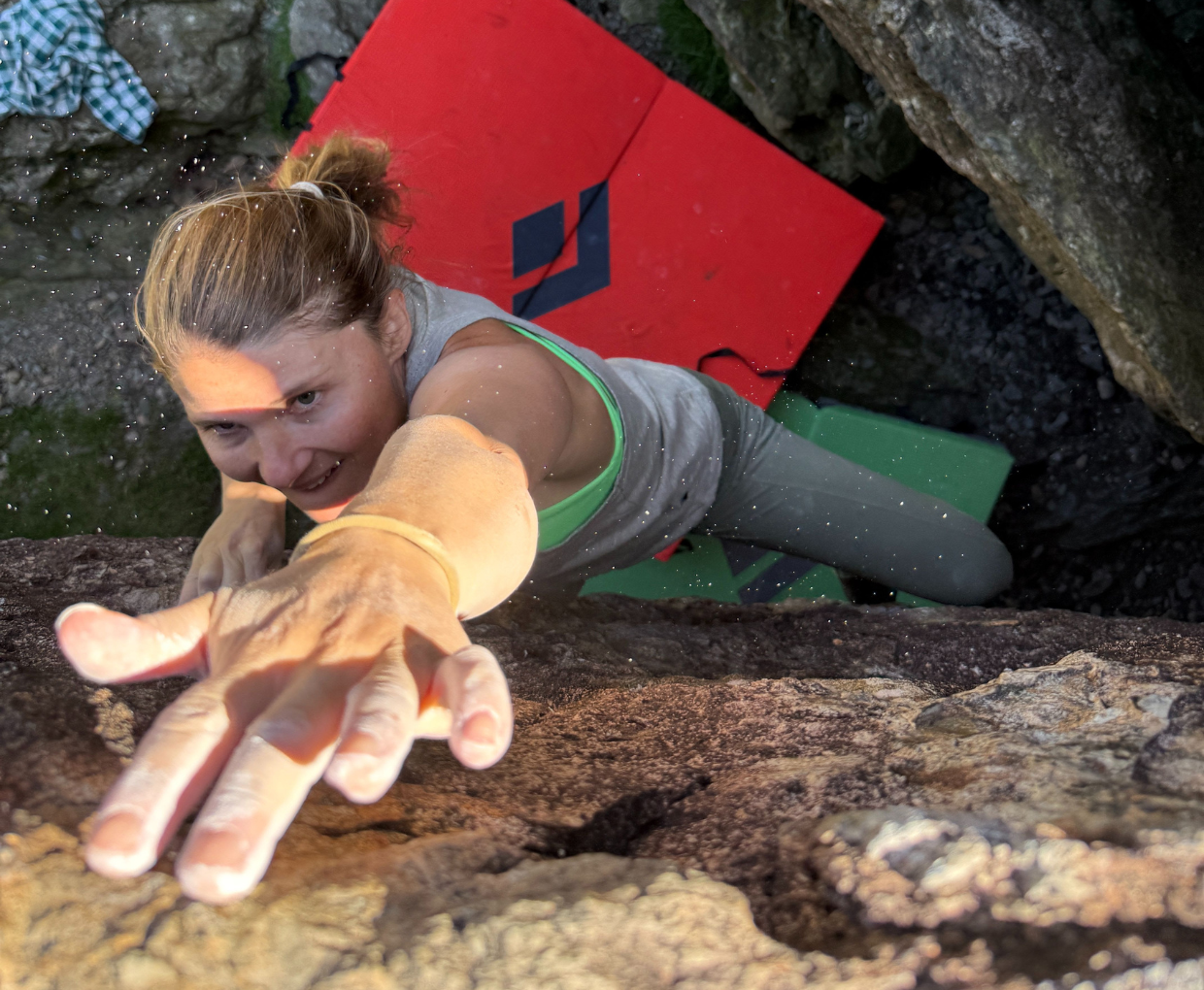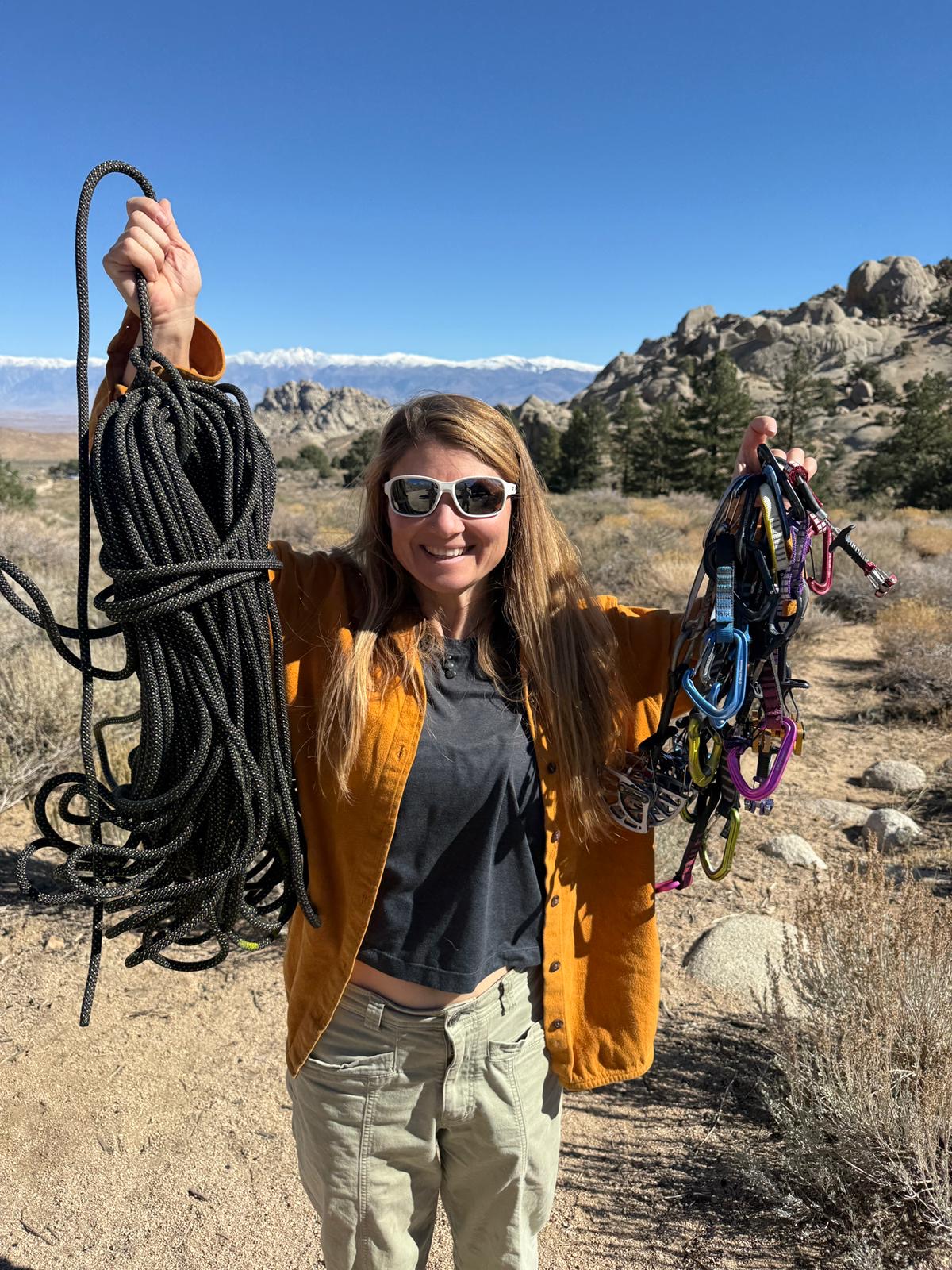The mind is not like the body, how do you train your mind?
A lot of people think that mental training doesn’t work because mental training is not as obvious or as tangible as physical training. It is true that mental training is more nebulous and more difficult to implement compared to physical training. However because mental training is so often completely ignored, it is a low hanging fruit for many people, where small changes can yield big results. For example, so many people get fall practice wrong and actually ingrain fear. If someone has been doing the fall practice incorrectly and hasn’t been adhering to the principles of exposure therapy and fear-deconditioning they will see huge results when they change to the correct practice. It’s also worth saying that mental strength is not similarly important compared to physical strength, it is much more important. Mental strength might prevent you from stepping off the ground on something that you are physically capable of, mental strength is what will get you to the training gym in the first place. The mind comes before everything we do, whether that is physical or mental training, without any resilience we wouldn’t be climbers to begin with.
What are the foundations of mental training?
The foundations of mental training are mindset and self-awareness. Without a mindset that is conducive to learning and growth, we won’t get very far with mental training. Before you do any work in mental training you need to take responsibility for your climbing experience, prioritise learning and adopt a growth mindset. Self-awareness is the next step. In order to get the psychological challenge level right, we need to know what scares us in climbing and what that feels like. We need to be in tune with our body’s stress responses so we know when we are getting challenges to the right level or notice the warning signs that we might be beginning to push things too far.
What are the most common problems/issues that people come to your coaching with?
Climbers commonly come to me with issues around fear and stress in general. The most common fears are fear of falling (which can include fear of heights, exposure and injury), fear of failure and performance anxiety. Climbers rarely know anything about how to manage these fears other than avoiding them or ‘pushing through’ and neither approaches work.
What do climbers commonly get wrong when approaching these fears?
In general, the main thing people do is ignore their fears. They either lower the challenge level so that they don’t need to be afraid which unfortunately means that they never grow or push themselves, or they push too much and end up ingraining these fears. So with fear of falling, that looks like avoiding falling altogether or pushing too hard and having very stressful experiences on the rock. When we avoid falling we can’t climb at our limit which means we don’t improve or grow and we can’t access some of the most fun and exciting moments in climbing (flow state moments). When we push too hard and have bad experiences we end up conditioning ourselves to be more afraid next time. When we have very fearful experiences our brain is very good at remembering these experiences and is more likely to respond with a stress response when we return to a similar situation. With something like fear of failure it’s a little bit different but people still make the mistake of ignoring these fears. They let these fears dictate what they do which means that people with fear of failure often avoid situations where they might fail. Overcoming fear of failure is largely based on reframing what failure means to you. Many people see huge changes in their enjoyment and progression in climbing by simply changing what failure means to them. Some people however suffer from deeper self-worth issues and for these people, more work is needed to overcome fear of failure.
Why do I feel so scared all the time and why am I not building a stronger mind through going climbing?
Climbers who are scared all the time and often feel anxious or panicked are doing one thing wrong, they are constantly getting the psychological challenge level in climbing too high. When we think of the challenge level of a climb we often think about the physical difficulty and this is usually expressed by the grade. However, a 7a can feel 10 times harder on lead compared to top-rope. In order to grow as climbers, we need to get the physical and psychological challenge level right. This means that you might not be ready to climb a 7a on lead even if you can do it on top-rope. For these types of climbers, I usually advise stripping all the challenge away from their climbing so they are really aware of what they are comfortable with. Only when we know what we are comfortable with can we build from there.
Do you get scared?
I get this one a lot. Of course, I do! I get scared frequently. However, I now have the self-awareness to make sure I don’t get too scared in my climbing and I have the tools to know what to do to manage my fears. For me, the scary parts of climbing are the interesting parts of climbing and I wouldn’t want to eradicate fear completely. The way I see it is that the things that scare us in climbing (or anything else) can be empowering or they can make you fragile. It’s very difficult for a climber to find being scared empowering when they are too scared, this is why we have to get the challenge level right as the main method of overcoming our fears. Unfortunately, there is very little guidance to help climbers do this and most climbers do it wrong.
What do people learn about in the Strong Mind course?
They learn everything I know about fear management in climbing including practice, tools, strategies and mindset shifts to manage fear of failure, fear of falling, social fears, performance anxiety and more.
How is the content delivered?
It is delivered through videos mostly taught by Hazel. There are also options to download audio files if you want to listen on the go. There are practical exercises and homework tasks so you can apply your knowledge. The course is structured in a way that someone with no prior knowledge of mental training can get stuck in straight away. The best way to sample the course is to take the free taster course.













